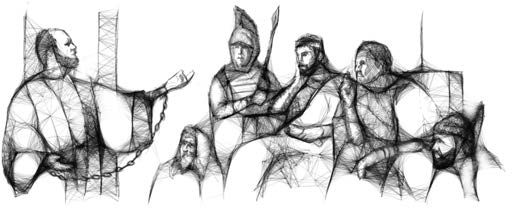By ANDREW MCCHESNEY, Adventist Mission
Kiyong Kwon, a business owner in South Korea, decided that he and other church members needed to go house to house to share the gospel and fill a church that he had planted. “House-to-house work is difficult,” Kwon said. “Most people are not home during the day. Those who are usually don’t want to talk. But I obeyed Ellen White’s advice.”
That advice is found in Ellen G. White’s book Christian Service, page 113, and reads, “Of equal importance with special public efforts is house-to-house work in the homes of the people. In large cities there are certain classes that cannot be reached by public meetings. These must be searched out as the shepherd searches for his lost sheep.”
So, every Thursday, Kwon and other church members went from house to house. They didn’t carry religious literature or offer Bible studies. Instead, they asked, “How can we help you and your family?”
One day, Kwon pressed many doorbells without any response. But the front door swung open at one house, and a woman said, “Come in.” Kwon entered the house but expressed shock at the instant invitation. “Do you know who I am?” he said. “Why did you let me in?” “I know that you are evangelizing,” she said. “But most people reject me,” he persisted. “Why are you welcoming me?” The woman explained that she had dreamed that night that a tall stranger would visit. In the dream, the tall man had opened her front door and told her, “Come out! Hurry!” “When you pressed the door bell,” she said, “I saw you on the intercom TV screen, and you looked tall. So, I let you in.” Kwon, growing more surprised by the minute, asked whether he could be of help. “My daughter is depressed,” the woman said. “Please help her.” “Bring your daughter to the living room,” Kwon said. “No, my daughter refuses to come out of her room.” “It will be different this time,” Kwon said. “Just tell her to come out.” Surprisingly, the daughter came to the living room, and Kwon prayed and read the Bible with her.
He returned the next Thursday and read the Bible with her again. The daughter started attending church and was baptized.
“This has been my experience repeatedly,” Kwon said. “It is God who does the mission.”

